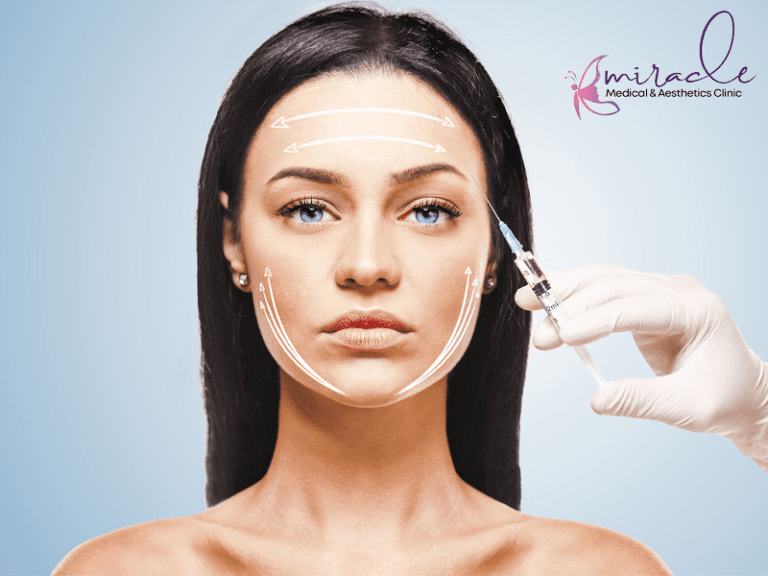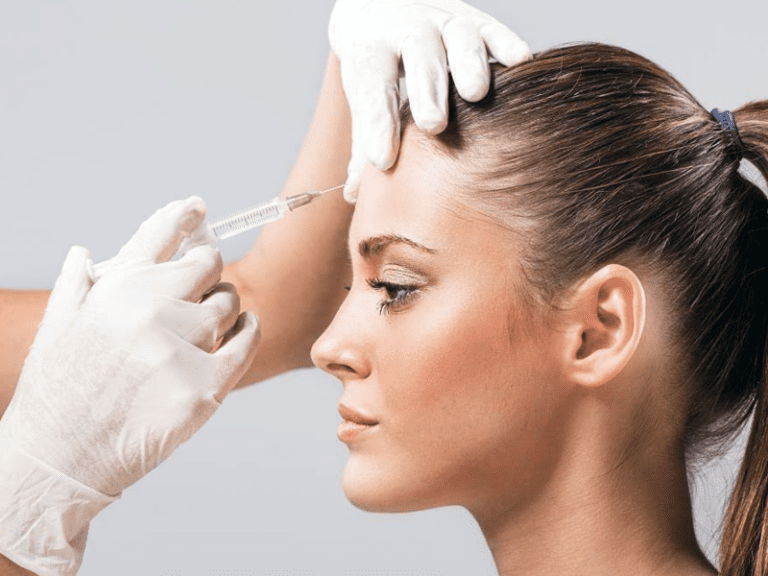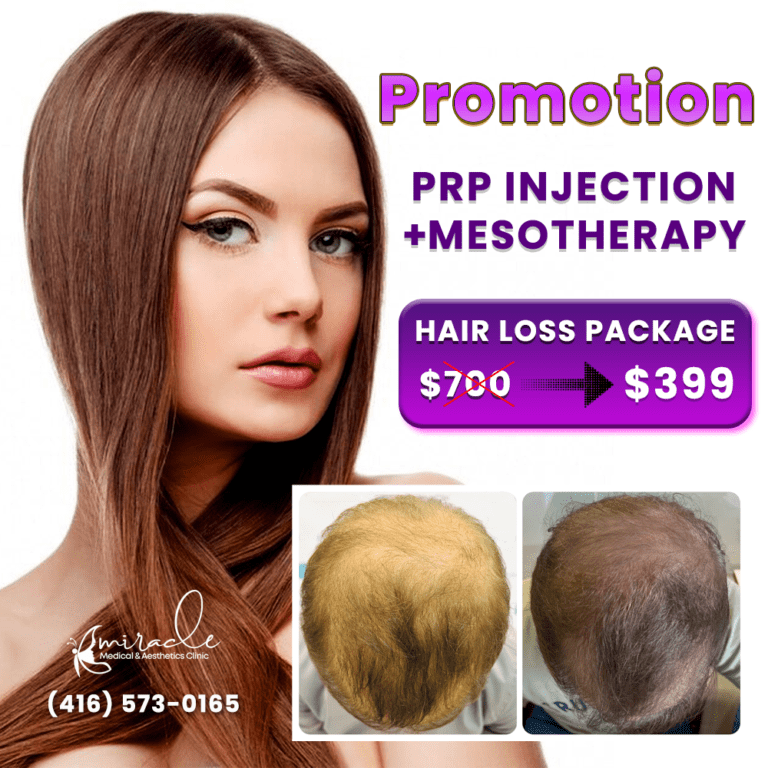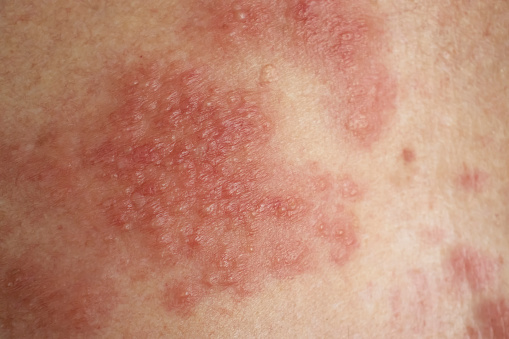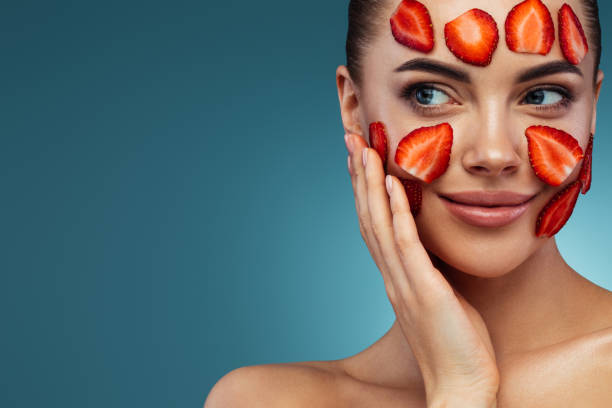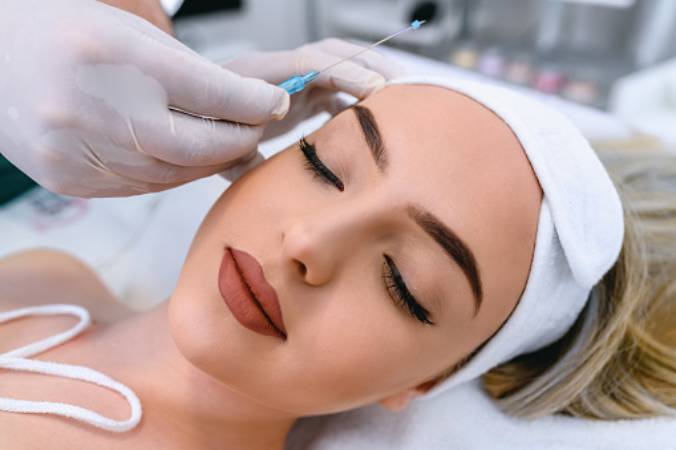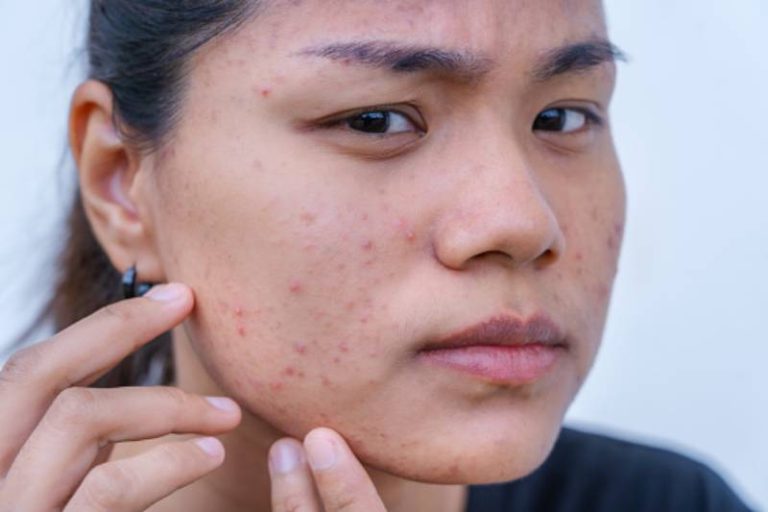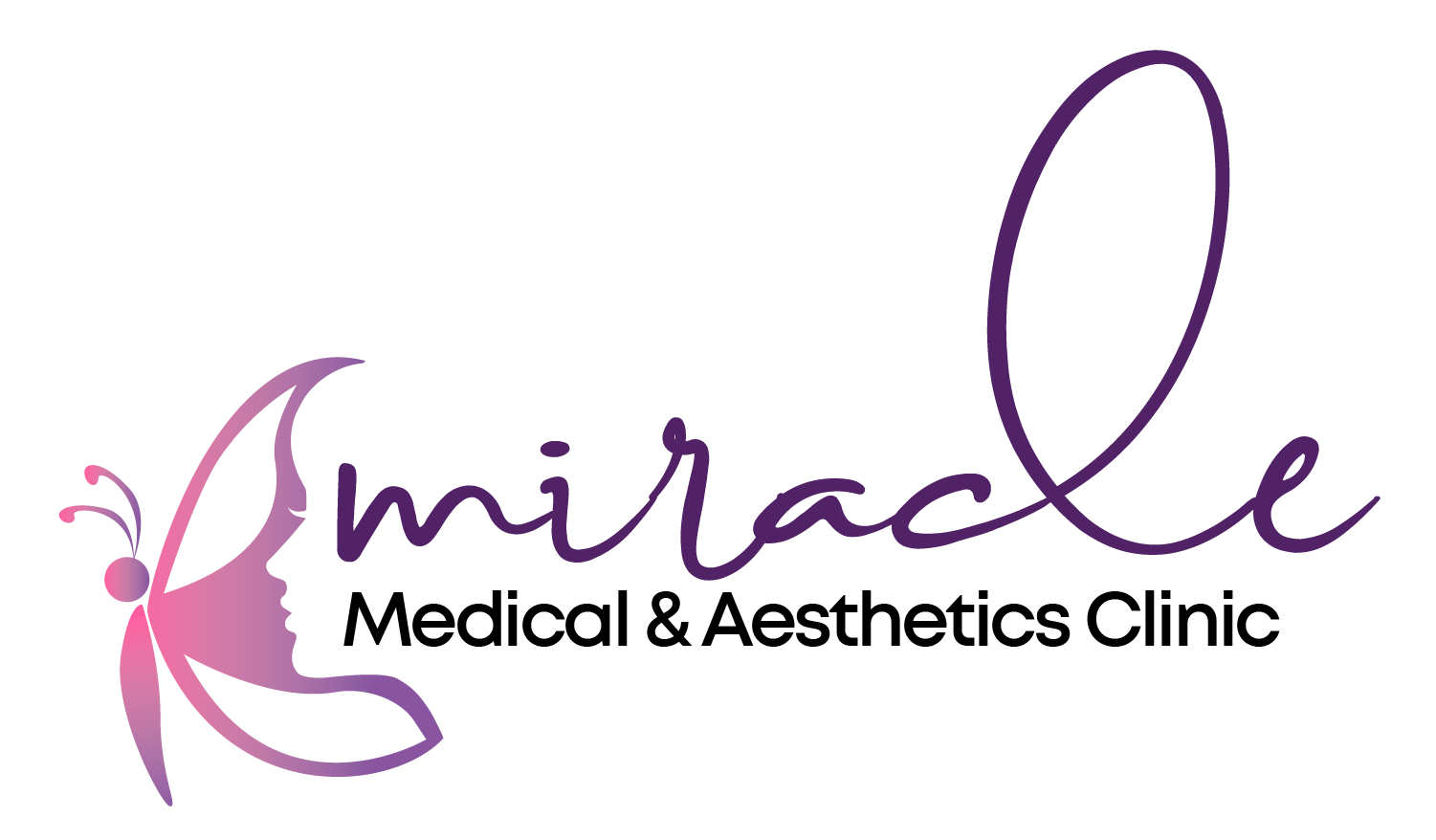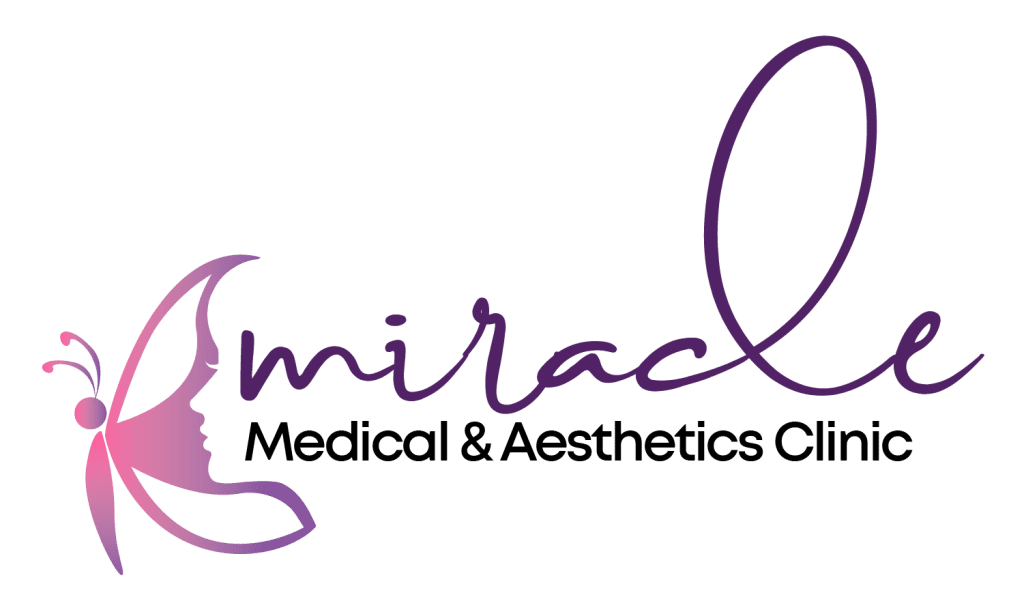Acne Skin Care: Choosing your skin care routine
When it comes to our skin, prevention is always better than a cure. If you have acne-prone skin, following a simple but effective acne skin care routine on a daily basis is a great way to keep the skin healthy. Ensure you know your skin type, and choose skincare products accordingly.
Skincare for Acne Prone Skin –

Cleanser
Thoroughly cleansing the skin twice a day is the first step in an effective skin care routine for acne. Clogged pores are one of the main causes of acne breakouts. The best way to combat this is to gently cleanse any dirt, bacteria or impurities off the skin day and night. If the temperatures are high or makeup is used, a double cleanse at night is recommended to fully rid the skin of any traces of bacteria. Don’t forget – skincare doesn’t end at the jawline and the neck needs it too!
Toner
Even with the double cleanse at night, dirt, debris and excess oils can still cling to the skin and block the pores. Toner is a great back up defence for acne-prone skin, and should be included in an acne skin care routine. With the viscosity of water, toner is a great product for hydrating skin, removing excess oils. Ensure no dirt is remaining after cleansing with a quick tone. Depending on the cleanser used, toner can also rebalance the skins pH level, providing a perfect base for further skin products.
Moisturiser and SPF
Keeping the skin moisturised and protected from the sun is a key aspect of skincare for acne. If acne prone skin has excess oils, it may seem counter intuitive to add a hydrating layer on top. However, moisturiser helps to replenish the hydration loss due to cleansers, active ingredients and acne treatments. It also provides a protective barrier for the skin, to lock in all the acne skincare goodness already applied. Though they can be used separately, a combined moisturiser and SPF is a great way to limit the layers of product going onto the skin; therefore, ensuring the risk of clogged pores remains low. A common myth suggests sun exposure is good for acne prone skin care. However, the risks that sun damage pose heavily outweigh any temporary benefits for the skin. The skin should always stay protected with SPF30+.
Acne Skin Care – Professional Help
If you have active acne and are not sure where to begin with skincare, asking a professional can help. Your skincare routine may need extra steps. E.g. in the form of medicated products from your doctor, or a regular facial from your skincare therapist.
How to decide the best acne scar treatment
Skin Type
Before you can treat acne scars, you must consider your skin as a whole. What is your skin tone and type? If you have sensitive skin, or a darker skin tone, you should consider those factors within your decision, as some treatments may not be suitable. Those with darker skin are more likely to experience raised scars, which affects the course of action chosen. Those with sensitive skin may prefer a non-invasive facial for acne scars, to keep any side effects to a minimum.
Acne Scarring
The type and severity of the problematic skin you are suffering with will heavily influence your decision when finding a treatment for acne scarring. Before choosing anything, you should also ensure any potential scarring is exactly that – and not simply acne marks. Acne marks will go away on their own, and can be minimised with creams. Acne scar treatment options are much more of a commitment than acne marks, and will require a greater investment. Find out the difference between acne marks vs acne scars here.
Pitted Acne Scar Treatment
Small, less visible scarring may benefit from a gentle, non-surgical approach to treat acne scars, which is not the case for any severe acne scars. Skin may appear either depressed or raised. Since the difference in appearance indicates separate causes, approaches to treatment are not the same. Depressed, pitted acne scar removal requires a procedure that boosts collagen production. However, raised acne scars indicate an excess of collagen already, so a treatment plan should be different.
Investment
It is important to consider the type of investment you are willing to make when searching for the best treatment for acne scars. The budget you have available, time you are willing to spend and recovery period you must take will each help you pick between your acne scar treatment options. A course of non-invasive treatment is likely to be cheaper than a surgical option, and will require less time investment all at once.
Acne Scar Treatment – Risk
Whether you are willing to dedicate some down time to treating your acne scarring or not, you should also consider the level of risk you wish to take with your acne scar treatment. More invasive treatments often come with side effects such as sensitivity, swelling, and redness. If you do not have the time to pause your lifestyle to heal, you should consider minimal risk, non-surgical treatments such as microdermabrasion.
Professional opinion
It is important that a doctor or skincare professional, depending on your skin, is involved in the decision making process to guide you to the right treatment for acne scarring.
- Keywords: acne, Skin
- miracleadmin
